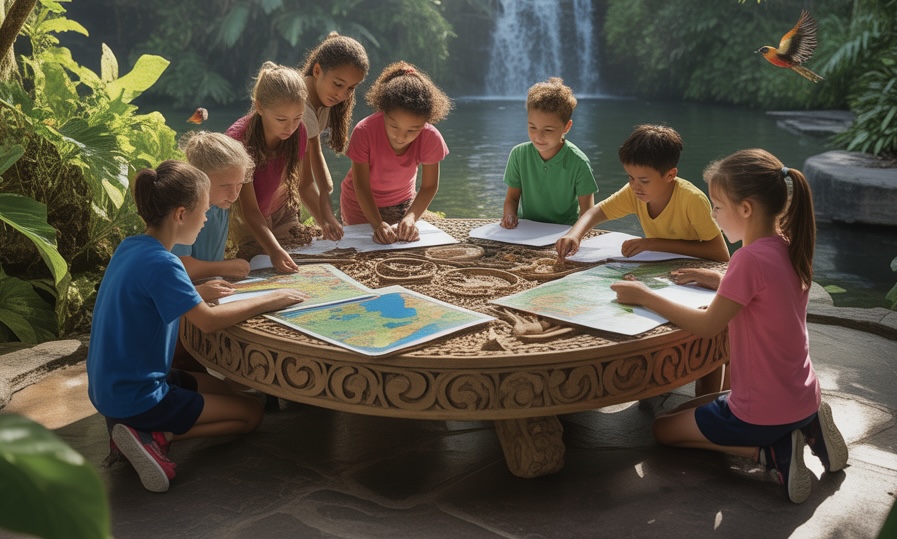A friend of mine has a daughter in high school who wasn’t connecting with her math teacher. Instead of accepting this limitation, she hired an english speaking Brazilian PhD engineer over Zoom—someone who genuinely loves math and charges what amounts to a modest fee in U.S. dollars. After a few months of personalized instruction, that girl took the ACT and scored a perfect 36 on the math section.
That’s what happens when you expand your definition of what’s possible.
If you’re a parent who’s ever felt boxed in by the limits of your local education system, you’re not alone. The traditional options—public school, private school, homeschool—can all feel constraining when you start thinking globally about your child’s potential.
For my own kids, I took a similar approach when they were struggling with reading. I found a tutor from the Middle East who worked with them every weekday—$5 an hour, which represents a fair wage in his region. Over one summer, their reading skills leapt forward. The total cost? Around $25 a month.
Finding the Right Match
Platforms like Fiverr, Preply, iTalki, and Wyzant have made it remarkably straightforward to connect with qualified instructors worldwide. The key is being willing to look beyond your immediate geography and design an educational experience that fits your child’s specific needs and learning style.
This isn’t always the right choice for every family or every child. Some kids thrive in traditional classroom environments with peers and structured social interaction. Sports teams, clubs, and daily face-to-face friendships matter. But for families seeking alternatives—whether as a supplement or a replacement—the options have never been more accessible.
Designing Education for the Long Term
This kind of thinking doesn’t have to stop after high school. Doug Casey, Matt Smith, and Maxim Smith wrote The Preparation (https://amzn.to/4iTKM3F) specifically for parents and young people who want to think beyond the conventional college path. The book offers a framework for designing a global launch into adulthood—one that recognizes the deal being offered by college isn’t good anymore, unless you’re going to be medical doctor or electrical engineer.
Global education is about creativity and resourcefulness. The tools exist. The teachers exist. Your child’s potential isn’t defined by your ZIP code or the curriculum a school board approves. It’s defined by how expansively you’re willing to think about their future.
The world is more open than most people realize. The question is whether you’re ready to see it that way.

